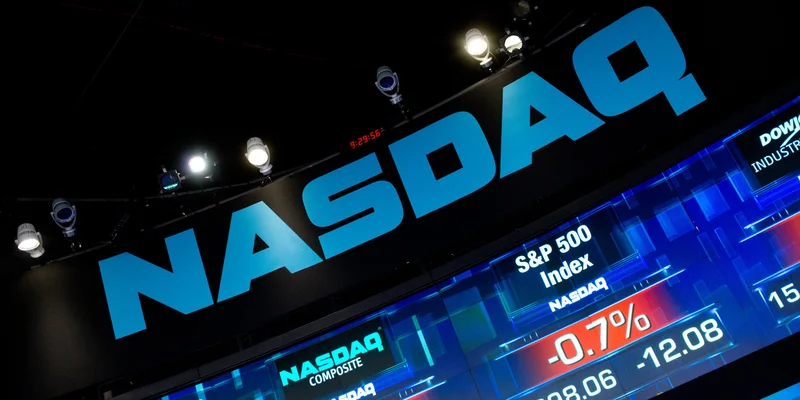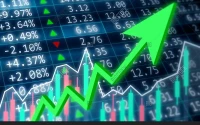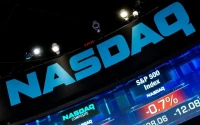Nvidia's earnings were supposed to be the market's white knight. Instead, Thursday saw a stunning reversal, with the Nasdaq closing down over 2% after an earlier surge. The S&P 500 and Dow Jones Industrial Average followed suit. The question is: why? Was it just an algorithmic quirk, as some suggest, or is there something more fundamentally brittle about this market?
The Anatomy of a Reversal
The initial jump was understandable. Nvidia, the darling of the AI boom, posted strong numbers. But the enthusiasm proved short-lived. The Nasdaq 100, which was up 2% earlier in the day, closed down more than 2%. That kind of whipsaw action is rare outside of major sell-offs. It's the kind of behavior you'd expect to see after a real correction, not when the market is supposedly only 7% or 8% from its highs.
Let's break down the sectors. Tech (XLK), initially leading the charge, ended the day down 3%. Meanwhile, the chip space, which has seen triple-digit gains in some names this year, took a beating. Lumentum (LIGHT) was down 13%, Micron (MU) down 10%, and Western Digital (WDC) down 9%. These aren't just minor corrections; these are significant pullbacks in the very sectors that have been driving the market's gains.
The explanation that this was just an "algorithmic quirk" doesn't quite cut it. Algorithms amplify existing sentiment; they don't create it out of thin air. The fact that the market succumbed so readily to a bit of selling pressure suggests underlying unease.
Bitcoin's Warning Sign
There's another piece to this puzzle: Bitcoin. The market's reversal coincided with Bitcoin cracking the $90,000 level. Now, I know what you're thinking: crypto and stocks? But as Steve Sosnick at Interactive Brokers pointed out, traders are increasingly using Bitcoin as a "lead" indicator for the Nasdaq 100.
Traders have always sought to find relationships between asset classes. I've seen firsthand how teams of quants pore through data, both long- and short-term, seeking inputs that guide their decisions. The correlation between Bitcoin and the Nasdaq is a relatively new phenomenon, but it's one that trading algorithms are clearly picking up on.

And this is the part of the report that I find genuinely puzzling. The idea that the performance of tech stocks is now tied to a highly volatile and speculative asset like Bitcoin speaks volumes about the current risk appetite (or lack thereof) in the market.
The Meme Stock Canary
If you want another sign of risk aversion, look at the meme stocks. They were all green in the morning, but by the close, Robinhood (HOOD) was down 10%, and Coinbase (COIN) was down 7%. These stocks are a proxy for retail investor sentiment, and their reversal suggests that even the most speculative corners of the market are starting to feel the heat.
The VIX, a measure of market volatility, closed at 26.51, its highest level since April. The ICE B of A Move Index, which measures volatility in the bond market, also hit a two-month high. These are not the kind of numbers you see in a healthy, confident market.
The AI Bubble Isn't Bursting, It's Leaking
The narrative that Nvidia's earnings would single-handedly justify the current valuations and quell fears of an AI bubble always felt a bit flimsy. While Nvidia's numbers were undeniably impressive, the market's reaction suggests that investors are starting to question whether those numbers can really justify the astronomical valuations we're seeing across the tech sector.
Mizuho's Daniel O'Regan told Barron's that the "AI narrative near-term is still somewhat mixed, rightly or wrongly." I think he's right. The long-term potential of AI remains intact, but the near-term outlook is far less certain. And in a market driven by short-term gains and algorithmic trading, uncertainty is a dangerous thing.
Conclusion Title: The Market's Got a Fever
The reversal wasn't just a blip. It was a symptom of a deeper malaise. The market's dependence on a single stock (Nvidia), its correlation with a speculative asset (Bitcoin), and the pullback in meme stocks all point to a market that is far more fragile than many realize. The AI story is far from over, but the market is starting to realize that not every tech stock is the next Nvidia.










